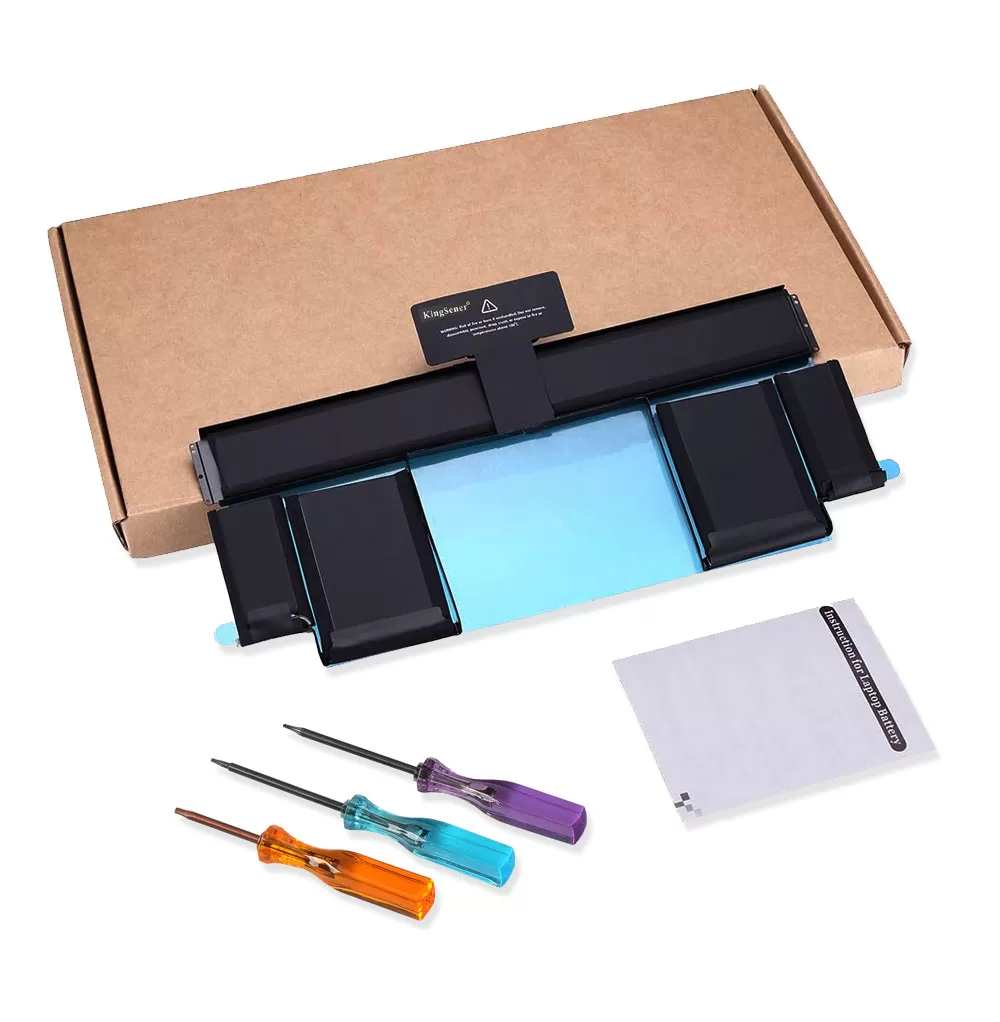Medical equipment is an important category of modern medical care. The expanded use of lithium batteries has brought new advantages to the innovation and optimization of medical equipment.
From implantable devices to portable medical devices, the use of lithium electronics improves device performance, durability and safety. In other words, lithium batteries in medical equipment help advance modern medical technology by offering significant benefits.
Advantages of lithium batteries in medical device applications
1.Good safety performance
Lithium batteries are safer than traditional batteries. They use advanced technologies such as thermal runaway protection, overcharge protection, overheating protection, and short circuit prevention.
These technologies ensure the safety of the battery. And this kind of safety is one of the most significant advantages of lithium batteries. It can reduce potential risks during the operation of medical equipment and make patients feel more at ease.
In addition, lithium batteries for medical equipment can be structurally packaged in aluminum-plastic soft packaging. It is different from the metal casing of liquid lithium-ion batteries. Once attacked by a safety hazard, the liquid battery will simply explode, while the battery of medical equipment will only inflate, reducing the possibility of danger.
43WH AED 3 Replacement Lithium Battery For ZOLL
Specification: Part #: 8000-000696 Battery type: ZOLL AED 3 Battery Pack Voltage: 12V Capacity: 4.2Ah, 43Wh Cell: Made in China Color: Black Condition: Replacement Battery (100% Brand New,2 years warranty!) Notice: No… BUY NOW
2.Thin thickness
Lithium batteries are compact and have high energy density, allowing them to be made thinner. For implantable, wearable or portable medical devices, battery thickness plays an important role in device design and patient comfort.
The thickness of lithium batteries for medical equipment can reach 1mm, which breaks through the technical bottleneck in the thickness of liquid lithium-ion batteries. The thinner thickness means more possibilities for innovation and development of medical equipment.
For example, the thin profile of lithium batteries is a major advantage for wearable medical devices. It allows patients to wear these devices for extended periods without feeling overly burdensome or restrictive.
3.Light weight
Battery weight is an important factor affecting medical device portability, flexibility, usability, and patient comfort. In this regard, lithium batteries have the characteristics of high energy density and lightweight, which make the application of medical equipment more flexible and efficient, while also reducing the burden on patients.
For example, medical devices like portable ultrasound machines, handheld blood analyzers, and wearable health monitors use lighter lithium batteries. This makes them more flexible, easy to use, and convenient.
Lithium batteries have lots of energy in a small size and are lightweight. This plays an important role in accelerating the integration of medical equipment into our lives.
4.Large capacity
Compared with other types of batteries, lithium batteries can store more energy in the same volume. For example, the capacity of lithium batteries for medical devices is 10-15% larger than steel batteries of the same scale standard, and 5-10% larger than aluminum batteries. And larger battery capacity can ensure that medical equipment maintains longer operation time.
5.Long service life
Lithium batteries offer durability. Implantable medical devices such as pacemakers or neurostimulators play an important role in saving patients’ lives, and they require reliable power supply.
The stable performance and low self-discharge rate of lithium batteries provide reliable power for these medical devices and also provide a longer service life for the operation of the equipment.
It is clear that the potential of lithium batteries is more advantageous than other types of batteries when it comes to battery use in medical devices.
Similarly, as lithium battery manufacturing technology continues to develop, the versatility, low melting point, high ionization energy and low resistivity of lithium batteries make it a perfect competitor for battery manufacturing.
This superiority makes lithium batteries widely and effectively used in the medical industry.
Finally, if you want to learrn more about batteries, you can visit: BatteryMall.com/support.

